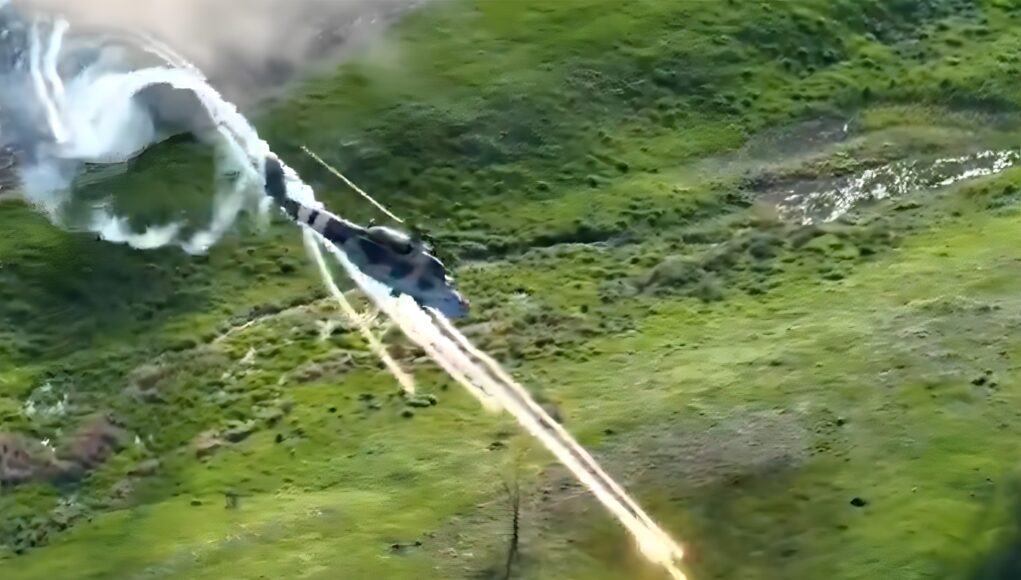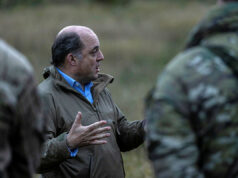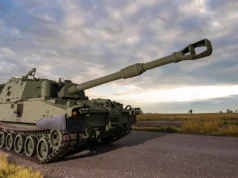Amid ongoing diplomatic efforts by the United States to broker a ceasefire in Ukraine, leading analysts have warned that Washington’s approach risks fracturing transatlantic unity and emboldening Russia.
Speaking during a press briefing hosted by the Center for European Policy Analysis (CEPA), panelists expressed concern that the ceasefire initiative may serve more to improve U.S.–Russia relations than to end the war in Ukraine.
During the event, I asked how the United States was managing the competing priorities of transatlantic cohesion and diplomacy with Russia. Specifically, I posed the question: “As the U.S. navigates ceasefire diplomacy, how do we see Washington balancing the need to maintain transatlantic unity—particularly with partners like the UK and others who remain deeply committed to Ukraine—while also managing perceptions from the Kremlin about long-term Western resolve?”
Nico Lange, Senior Fellow at CEPA, offered a frank response, questioning the underlying motivations behind the talks.
“We could ask ourselves the question: What is it that is really negotiated here? Is it a ceasefire for Ukraine, or is it a normalization of the U.S.–Russia relationship?” he said.
Lange cited reports of Russian overtures to Washington and ongoing speculation about reviving energy ties as signs that Moscow is more interested in geopolitical repositioning than genuine peace.
“With rumors about talks—more than just rumors—about a possible U.S.–Russia-led revival of pipeline-based gas delivery to Europe,” he continued, “we might see an attempt from the Russian side more to normalize the relationship to the United States… without solving ceasefire and peace for Ukraine.”
Lange warned that such a move could “contribute to a widening transatlantic rift,” particularly if the Trump administration prioritizes bilateral detente over European security interests. He noted that some European nations, especially the UK and France, are preparing for a future in which U.S. backing is uncertain.
“If the Trump administration says, ‘Look, we are friends now with Russia,’ while Russia continues to wage war against Ukraine, it all falls back to the Europeans to deal with the security fallout,” he cautioned.
Addressing my follow-up question—whether Washington is even considering its long-term security commitments to Europe—Sam Greene, Director at CEPA, offered a sobering assessment.
“That may be an answer… It’s something [Washington is] not thinking about—or at least not thinking about openly,” he said.
Lange added that “the transatlantic relationship… does not seem to be a criterium for the Trump administration to follow. They do not seem to have a problem with transatlantic cohesion going apart.”
The discussion underscored growing unease among European analysts and policymakers about U.S. reliability as a long-term partner, particularly under a second Trump administration.
Lange pointed to recent remarks by Senator Marco Rubio at the NATO Defence Ministerial, which aimed to reassure allies of continued American support. But, he noted, the U.S. appeared surprised by Europe’s new defence posture.
“It seemed that the Trump administration was surprised that after the Munich Security Conference, now a consensus is building in Europe to spend more on defence—not to spend the money American anymore,” said Lange. “And now the U.S. defence industry somehow is unhappy about this development. But I think this is the new European consensus: Do more for defence, but do it without Americans.”
The stark warnings come as discussions around a possible European military presence in Ukraine—led by nations such as the UK and France—gain momentum. But panelists stressed that without firm U.S. security guarantees, such plans remain politically and militarily constrained.
With the Kremlin unlikely to depart from its maximalist goals and the Trump administration showing little interest in upholding collective security commitments, CEPA’s experts concluded that “more war” remains the likely trajectory.














It’s pretty clear that the Trump White House’s priority is to normalise relations with Russia for trade purposes and that the war in Ukraine is seen as an inconvenience to be overcome. Securing a deal to exploit Ukraine’s natural resources being a bonus.
Europe has to plan for what to do in the situation where the USA ceases to support Ukraine and brokers a ‘deal’ that is unacceptable to Ukraine. Or worse, the USA attempts to force Ukrainian acceptance of such a deal by threatening sanctions etc against Ukraine.
How far will Europe go in ignoring/ defying the USA to continue aiding Ukraine in its war…?
unsure why usa is in negotiations if not offering security, nation rebuilding or more sanctions on russia. europe needs to do more
Saw an Interesting video by RACHEL MADDOW on MSNBC.
‘Who’s that good for?’: Not a great fan of hers but that article is worth a view looking at Trump actions over past few weeks. Attempts to join the dots on Donald Trump’s behavior toward Russia. Worth looking up.
Not sure which anti-Trump video you are referring to. There may be more than one. MSNBC is the Democratic version of Fox, and should be treated with the same reservations. Rachel Maddow has fronted a flagship show on there for over fifteen years. Hmmm. There may even be more than two.